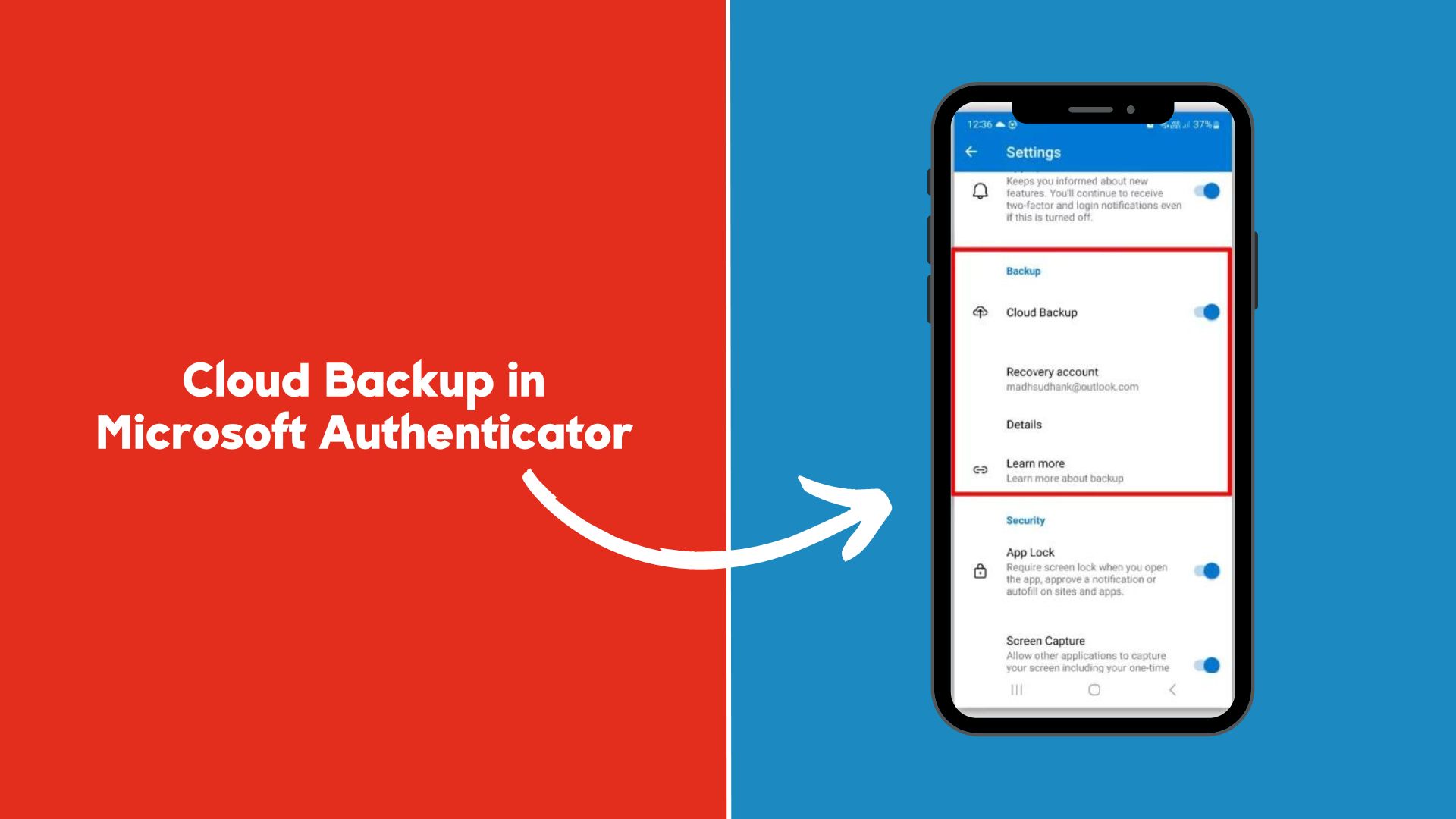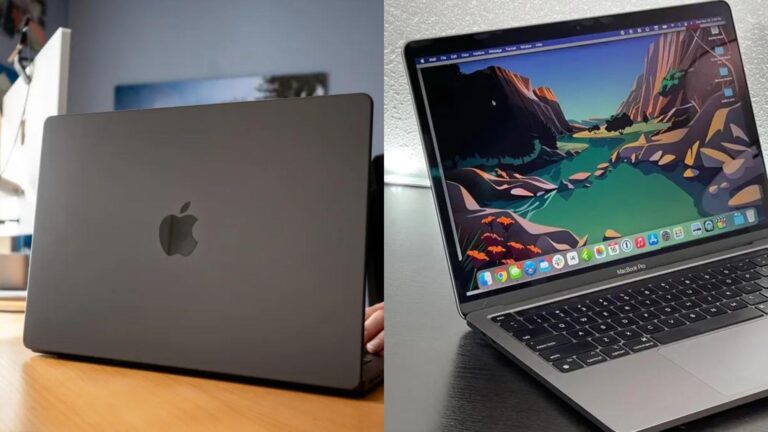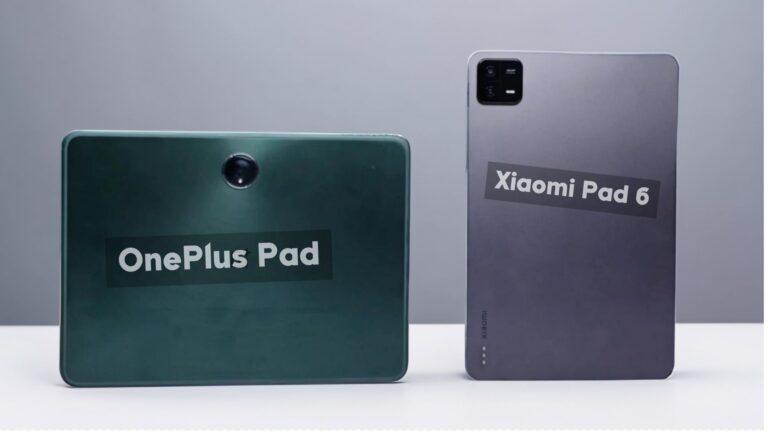Two-Factor Authentication (2FA) offers users an enhanced layer of security for their online accounts by introducing an additional “factor” of verification beyond just the password. This is often achieved through authenticator apps that produce time-sensitive, one-time passwords, which typically refresh every 30 to 60 seconds. Microsoft Authenticator and Twilio’s Authy stand out as two prominent players in this domain.
Distinguishing between Microsoft Authenticator and Authy, the former extends its support across mobile devices and Windows, while the latter is more versatile, catering to Android, Windows, iOS, macOS, and even Chrome browsers. Introduced in 2015, Microsoft Authenticator operates without the need for a SIM card. In contrast, Authy, which made its debut in 2012, mandates an active SIM card for account initiation.
Microsoft Authenticator, designed as a 2FA application, furnishes users with unique passcodes for a myriad of platforms and services, inclusive of Microsoft accounts. It’s packed with a plethora of features, such as password-less logins for Microsoft offerings, simultaneous account management for multiple platforms, and the generation of time-sensitive passwords via 2FA.
On the other hand, Authy, a brainchild of Twilio from 2012, is renowned for its robust security attributes. It surpasses many of its counterparts in terms of backup capabilities. These backups are diligently stored on Authy’s servers, ensuring heightened security. A notable feature of Authy is its ability to swiftly capture icons from any newly added account across various websites.
Comparison Table
| Microsoft Authenticator | Authy | |
|---|---|---|
| Company | Microsoft | Twilio |
| Released | 2015 | 2012 |
| Creating an Account | It doesn’t require a sim card. | It requires an active sim card. |
| Backups | It offers the ability to back up 2FA codes for iOS devices. | You can take more backups that are then saved to Authy servers. |
| Platforms | It supports both mobile platforms and Windows 10. | It supports iOS, Android, Windows, Chrome browsers along with macOS. |
Distinguishing Features
While Authy stands as a straightforward authenticator, Microsoft Authenticator boasts a broader spectrum of functionalities.
- Microsoft Authenticator safeguards your personal, academic, and organizational Microsoft accounts by dispatching notifications during login attempts. Additionally, it allows users to modify their Microsoft passwords, refresh security details, and scrutinize recent activities.
- The app is compatible with nearly all platforms that support authenticators.
- It offers a password management feature, enabling automatic password fill-ins on mobile devices. Furthermore, users can generate and store robust passwords for various websites.
- The application provides a facility to store addresses, which can be shared across different apps, coupled with a convenient one-tap copy function for these addresses.
- Microsoft has also integrated a ‘Verified ID’ feature, simplifying the identity verification process on certain platforms.
When juxtaposing the features of Authy and Microsoft Authenticator, it’s evident that while Authy is user-friendly and straightforward, Microsoft Authenticator leans towards a more intricate design.
Configuration Process

Setting up Authy necessitates the input of your phone number, which serves dual purposes: verification and enabling features like cloud synchronization and account backups.
Conversely, Microsoft Authenticator doesn’t demand any initial input. However, linking your Microsoft account can activate two-step verification and cloud backup functionalities.
Login Codes
Both applications produce time-sensitive codes that undergo a refresh every half-minute. Authy offers a more intuitive code copying process, thanks to a prominently displayed button. On the other hand, with Authenticator, users need to access the specific account and press and hold the code to replicate it.
Authenticator app security
Authy offers both PIN and biometric security features. Notably, to activate the biometric option, one must first establish a PIN.
On the other hand, Microsoft Authenticator integrates with your phone’s primary security mechanism. If biometrics are activated on your device, the app will utilize this feature, though it can be deactivated within the app settings.
Backup & Restoration

The significance of cloud synchronization and backup cannot be overstated. The nightmare of being stranded without access to your codes is a situation you’d want to avoid at all costs. I’ve personally experienced this, and it’s no walk in the park.
Both Authy and Authenticator provide the facility to backup your codes. In Authy’s case, backups are tethered to your phone number. Additionally, a backup key is essential to decrypt all your accounts. This key can be established or modified on devices where you’re already logged in. It’s crucial to have a copy of this key since accessing codes on alternate devices without it is impossible.
Conversely, Authenticator aligns with your Microsoft account for backups. It’s imperative to have multiple login methods for your Microsoft account, especially if two-factor authentication is activated. This is because the same app facilitates your Microsoft account login. In the event of misplacing your phone, an alternative login method becomes indispensable.
Account Synchronization & Transfer
Authy provides the flexibility to log in across multiple devices. However, if this feature is deactivated, simultaneous logins across different devices using the same account become unfeasible.
While direct account transfers aren’t possible with Authenticator, activating the backup feature allows you to access the same accounts on different devices.
Searching & organizing
Within Authy, users can toggle between list and grid views. The grid view showcases accounts at the bottom, complemented by icons. Account search functionality is also incorporated.
Microsoft Authenticator presents accounts in a list format, detailing account names and associated emails. Features like account reordering, renaming, and searching are integrated.
Availability
Authy is versatile, available on both desktops and mobile devices, with synchronization capabilities across all platforms. In contrast, Microsoft Authenticator is exclusive to mobile devices.
Final Thoughts
For those prioritizing robust security features in an authenticator, Authy is the way to go.
However, if you’re in the market for an app that not only authenticates but also manages passwords, addresses, and aids in verification on affiliated websites, Microsoft Authenticator is your best bet.



